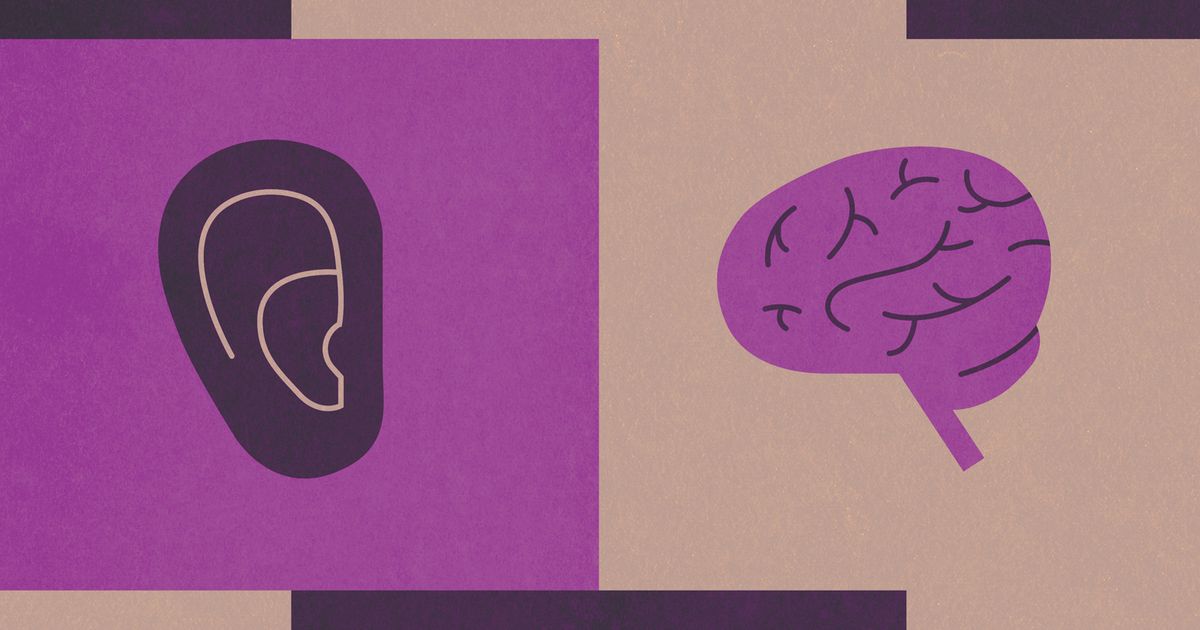Inside the Mind: Autism Diagnosis from a Clinician's Lens
Understanding Autism from an Insider's Perspective
Autism Spectrum Disorder (ASD) is a complex neurological condition that affects millions worldwide, many of whom remain undiagnosed until adulthood. In this enlightening article, Fennel Hope, a highly experienced clinician who herself received a late autism diagnosis, shares her personal journey and the profound impact it had on her professional life.

The Reality of Adult Autism Diagnosis
Receiving an autism diagnosis as an adult can be both liberating and challenging. Fennel Hope explains the various facets of her diagnosis journey, emphasizing the importance of self-awareness and acceptance. This revelation has fueled her passion for guiding others through similar experiences.
"Understanding oneself through an autism diagnosis provides a vocabulary for experiences that were otherwise unnamed." – Fennel Hope
Hope's story illustrates the vital role self-discovery plays in her clients' therapeutic processes. She describes the increase in individuals seeking evaluations and the significance of having a supportive professional guide. Still, the journey doesn't end with diagnosis—it's the beginning of a new understanding and personal growth.
The Clinician's Role in Autism Diagnosis
Clinicians like Hope strive to create a safe and reassuring environment for those exploring their neurodiversity. The process is intricate, involving comprehensive evaluations and personalized care. Key responsibilities include:
- Building a rapport with clients to foster open communication.
- Administering assessments tailored to individual needs.
- Interpreting results and discussing them in an approachable manner.
Hope notes that many adults feel complete when they come to understand their diagnosis, which often explains lifelong experiences of feeling different. Exploring autism more deeply reveals insights not just about oneself but also about human diversity.
Autism and the Workplace
Modern workplaces are more aware of neurodiversity, but challenges persist. Hope argues that employers must focus on strengths-based approaches to support autistic employees better. Her insights echo the sentiments of many in similar positions.
For those wanting to deepen their understanding, this book on Neurodiversity-Affirming Practices comprehensively addresses these concepts and offers practical strategies.
Connect with Fennel Hope on LinkedIn for more insights into autism, ADHD, and neurodiversity. The rich tapestry of experiences she shares is invaluable for both professionals in the field and those on a personal journey of discovery.
For additional perspectives, follow leading autism advocate @DrStephenShore on Twitter, whose contributions to the understanding of autism have inspired many.
